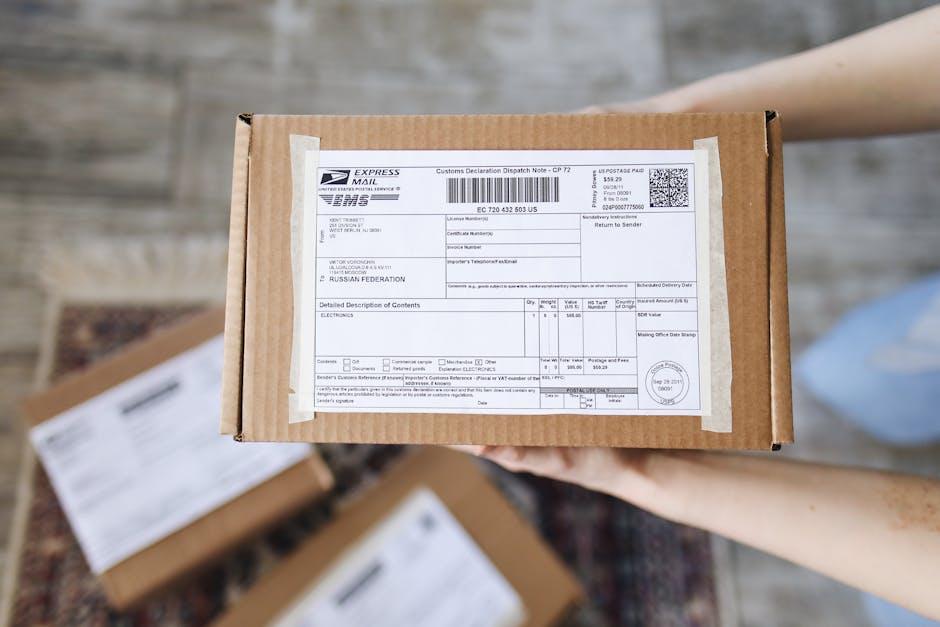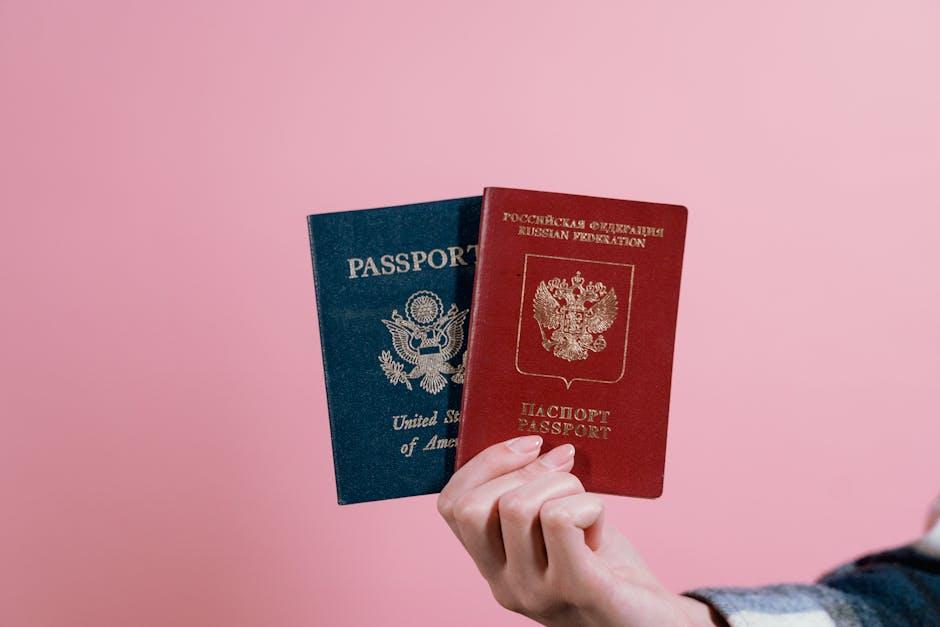In an increasingly interconnected world, the allure of exploring new destinations is often tempered by the realities of navigating strict customs protocols. As the gateway to each new adventure, customs can be both a bridge and a barrier, demanding not only patience but also preparation. ”” delves into the art of mastering this crucial aspect of international travel. Whether you’re a seasoned globetrotter or embarking on your first journey abroad, this guide offers indispensable insights to ensure your passage through customs is as smooth as the journey that lies beyond. With the right knowledge and a touch of foresight, you can transform potential pitfalls into seamless transitions, setting the stage for unforgettable experiences.
Understanding Cultural Nuances and Their Impact on Customs
Traveling across borders often requires more than just a passport and a ticket; it demands an understanding of the cultural nuances that shape local customs. Every country has its own set of traditions and behaviors that are deeply rooted in its history and values. Being aware of these subtleties can make the difference between a smooth journey and an awkward encounter. For instance, while a thumbs-up gesture is a sign of approval in many Western countries, it might be considered offensive in others. Similarly, the concept of personal space varies significantly across cultures, influencing how people interact in public settings.
- Dress Code: Respecting local dress codes is crucial, especially in religious or conservative areas. Researching what is deemed appropriate can prevent misunderstandings.
- Body Language: Non-verbal cues can convey powerful messages. A simple nod or smile can be interpreted differently depending on where you are.
- Gift Giving: In some cultures, giving gifts is a customary practice that symbolizes respect and gratitude. However, the type of gift and the manner in which it is given can have specific meanings.
Understanding these cultural intricacies not only enhances your travel experience but also fosters mutual respect and appreciation. It is about embracing diversity and acknowledging the rich tapestry of human interactions that makes each journey memorable.

Packing Smart: Items to Declare and Avoid
When preparing for your journey through international borders, it’s crucial to master the art of packing to ensure a smooth passage through customs. Knowing what to declare and what to leave behind can save you time and hassle. Here’s a quick guide to help you pack smartly and confidently:
- Declare: Always be transparent about high-value items such as electronics, jewelry, and collectibles. Medicines should also be declared, especially if they include controlled substances. If you’re carrying cash exceeding the limit set by your destination country, make sure to report it to avoid any legal issues.
- Avoid: Steer clear of packing items that are often prohibited, such as fresh produce, seeds, and animal products. These can lead to hefty fines or confiscation. It’s also wise to leave behind replica or counterfeit goods, as they are illegal in many countries and can result in severe penalties.
By adhering to these guidelines, you can minimize delays and ensure a stress-free customs experience. Remember, a well-packed suitcase is your ticket to a seamless adventure!
Mastering Documentation: Ensuring a Smooth Customs Experience
Ensuring a seamless passage through customs starts with mastering the art of documentation. To avoid unexpected delays and ensure compliance, it’s essential to keep your paperwork organized and up-to-date. Begin by double-checking the validity of your passport and visa (if required), and ensure you have a clear understanding of the entry requirements for your destination. It’s prudent to have multiple copies of your travel documents stored in different places, including a digital backup accessible via cloud storage.
Additionally, consider creating a checklist of essential documents and items to declare, such as:
- Vaccination certificates for regions requiring specific immunizations.
- Customs declaration forms accurately filled out with all necessary details.
- Receipts for any high-value items you are carrying.
- Permits for any restricted items, ensuring compliance with local laws.
By adhering to these guidelines, you can navigate customs with confidence, minimizing the risk of any potential setbacks.

Dealing with Customs Officials: Tips for Effective Communication
When interacting with customs officials, maintaining clear and respectful communication is crucial for a smooth experience. Here are some effective strategies to consider:
- Stay Calm and Polite: Approaching the situation with a calm demeanor can help diffuse any tension. Remember to greet the officer courteously and answer questions with respect.
- Be Prepared with Documentation: Have all necessary documents such as your passport, visa, and declaration forms ready and organized. This demonstrates preparedness and can expedite the process.
- Answer Questions Directly: Provide concise and honest answers to any questions asked. Avoid giving unnecessary details unless requested, as this can lead to confusion.
- Understand Basic Customs Regulations: Familiarize yourself with the basic rules and regulations of the country you are visiting. This knowledge can help you navigate the process more effectively and avoid misunderstandings.
- Ask for Clarification if Needed: If you do not understand a question or instruction, politely ask for clarification. It’s better to seek understanding than to make assumptions.
By following these tips, you can enhance your communication with customs officials, ensuring a more efficient and less stressful travel experience.




